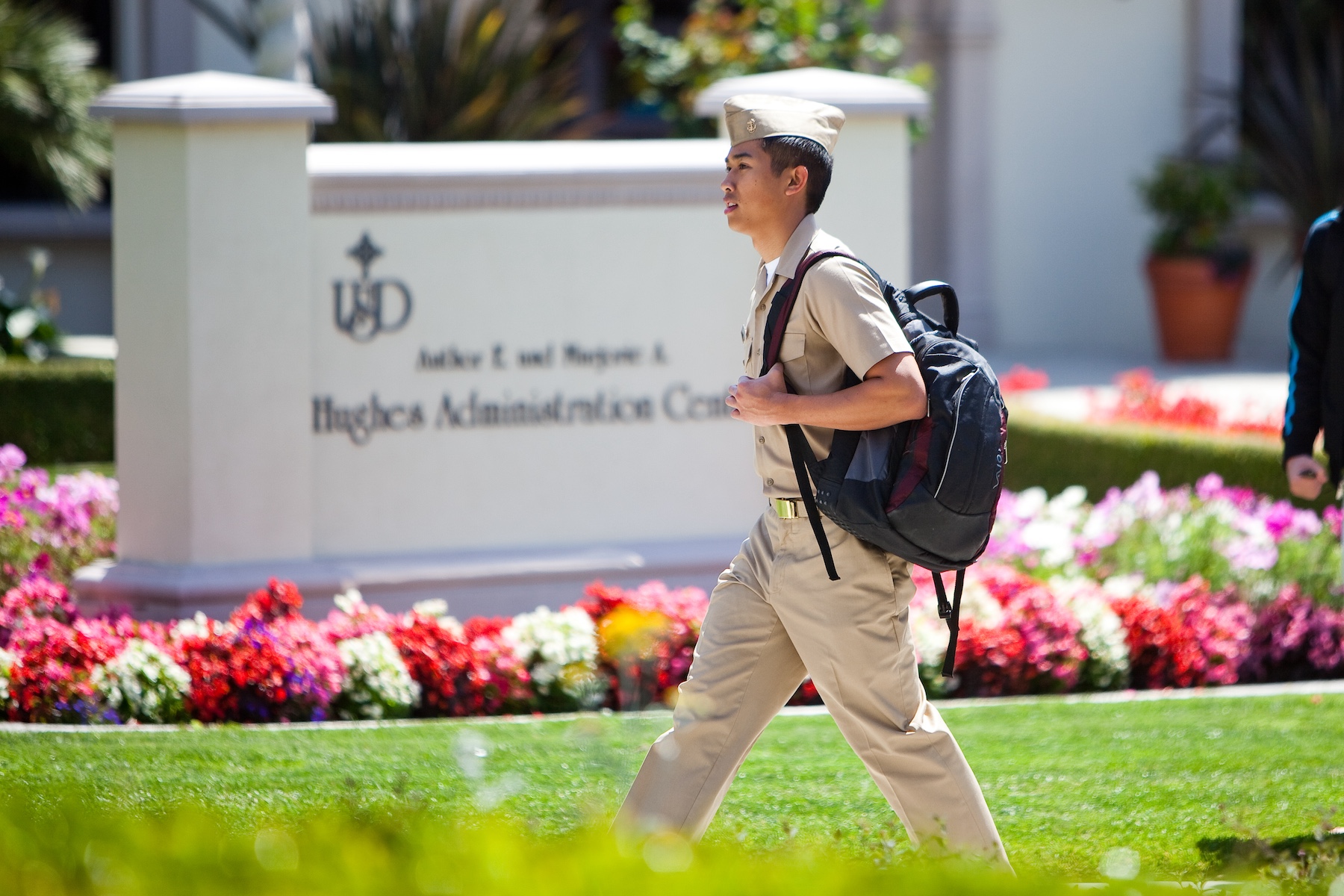Justice in Mexico releases “Justice Barometer” survey Justiciabarómetro 2016
Perspectives on Mexico’s Criminal Justice System: What do its operators think?
On November 14, 2016, Justice in Mexico, a research and public policy program based at the University of San Diego, will release its latest report in the Justiciabarómetro series, Justiciabarómetro 2016 − Perspectives on Mexico’s Criminal Justice System: What do its operators think?, thanks to the generous funding of the John D. and Catherine T. MacArthur Foundation. The authors will formally present the study at the law school of the Mexican National Autonomous University in Mexico City on Monday, November 14 and the University of San Diego on Tuesday, November 15.
There are remarkably few surveys of judicial sector operatives in the world. The few that exist, like a recent survey in the UK, tend to rely on very small samples (< 5%). The 2016 Justiciabarómetro provides a comparative analysis of the justice system operators’ demographics and perspectives, as well as comparisons to similar data collected in 2010. Survey participants included 288 judges, 279 prosecutors, and 127 public defenders in 11 Mexican states, with a response rate of 56%, a 2.4% margin of error, and a 95% confidence interval.
The 2016 Justicabarómetro builds on a series of surveys that Justice in Mexico has conducted since 2009. Through collaboration with bi-national teams of judicial system experts in Mexico, these Justiciabarómetro studies are intended to generate useful indicators of judicial system capacity and performance in order to contribute to both academic research and improved public policy efforts.
With over 120 questions, the 2016 Justicabarómetro study documents judicial sector operators’ profiles and perspectives on a variety of topics, such as judicial system effectiveness, compensation levels, and attitudes toward Mexico’s recent problems with crime and violence. Importantly, the study finds that there have been changes in judicial attitudes toward recent reform efforts, including a notable increase in favorability among judges toward the use of oral, adversarial trial procedures introduced in June 2008 and implemented nationwide over an eight-year period.
According to Justice in Mexico Director David Shirk, a professor of the Political Science and International Relations at University of San Diego, “There has been ample speculation about how well the courts have been adapting to the 2008 reforms. This study helps show that judges and other judicial sector operators are making progress, but also documents some of the serious challenges that remain.”
Some the most relevant findings include the following:
• The majority of the operators of all judicial system operators are male (56%), under the age of 50 (79%), and have a post-graduate degree (57%).
• 63% of judges surveyed earn more than $30,000 pesos each month, yet 72% of prosecutors and 82% of public defenders earn less than that amount.
• Nearly all of the operators (89%) believe the justice system needed to be reformed and that the New Criminal Justice System (Nuevo Sistema de Justicia Penal, NSJP) has had positive effects since it began in 2008. An additional 90% think the NSJP creates greater trust in authorities, and 93% more argue it will accelerate judicial processes.
• NSJP features are overwhelmingly well received, with roughly 95% of all operators preferring oral proceedings over previously implemented written methods, a significant increase from 2010 JABO results. Additionally, 98% prefer the use of alternative dispute resolution (ADR).
• The majority of respondents are in favor of the presumption of innocence (84% of judges, 76% of prosecutors, and 91% of public defenders) and believe the NSJP will help reduce corruption (80% of all operators).
• 96% of all judicial system operators view judges as the most effective in their work when compared with prosecutors and public defenders, and an additional 96% view judges as the trust-worthiest.
• Despite overwhelming agreement when operators were asked if they were prepared for the NSJP’s implementation and operation (86% of judges, 93% of prosecutors, and 90% of public defenders), between 13% and 29% of operators reported having never been trained in oral litigation or alternative methods to resolve cases.
• A concerning 48% of prosecutors, 29% of public defenders, and 13% of judges believe authorities can operate above the law to investigate and punish individuals for crimes committed.
The study also includes findings on issues of growing concern, such as the frequently unreliable use of eye-witness testimony as evidence in court. The use of this practice in Mexico has been questioned by leading experts like Roberto Hernández, co-producer of the documentary film “Presunto Culpable” (Presumed Guilty) and an advisor on this study. According to the 2016 Justiciabarómetro survey, eyewitness testimony continues to be the most frequently used form of evidence provided in cases (68% of the time), followed by physical evidence (53%), and confessions (13%).
Overall, the 2016 Justiciabarómetro provides unique perspective on the administration of Justice in Mexico from the operators of the system. As noted by Justice in Mexico Program Coordinator Octavio Rodriguez, a Mexican attorney and co-author of the study, “The survey provides a rare and penetrating look inside the Mexican criminal justice system, which traditionally has been like a ‘black box’ to outside observers.”
Justice in Mexico will present the results of the 2016 Justicabarómetro study in Spanish at 9am Monday, November 14th at the Auditorio Mario de la Cueva of the Law Faculty of the National Autonomous University of Mexico (UNAM), Mexico’s largest law school. The results will be presented in English at 2pm on Tuesday, November 15th in room 253 in the Joan B. Kroc building on the University of San Diego campus.
To RSVP for the presentation of the report, please contact Micaela Smith, <micaelasmith@sandiego.edu>.
To read the full report, please visit Justice in Mexico’s website: www.justiceinmexico.org.
Suggested Citation:
Cortés, Nancy G., Octavio Rodríguez Ferreira, David A. Shirk. Justiciabarómetro 2016 − Perspectivas del sistema de justicia penal en México: ¿Qué piensan sus operadores? San Diego, CA: Justice in Mexico, 2016.
Relevant Background Sources:
Ingram, Matthew C., Octavio Rodríguez Ferreira, and David A. Shirk. Justiciabarómetro: Survey of Judges, Prosecutors, and Public Defenders in Nine Mexican States. San Diego, CA: Justice in MexicO, May 2011. https://justiceinmexico.org/wp-content/uploads/2014/09/2011_JABO.pdf
Octavio Rodríguez Ferreira, David A. Shirk, María Eugenia Suárez de Garay, “Justiciabarómetro: Diagnóstico de los operadores del sistema de justicia.” March 12, 2015. https://justiceinmexico.org/wp-content/uploads/2015/03/2015_JUSTICIABAROMETRO-Tijuana.pdf
About the University of San Diego
Strengthened by the Catholic intellectual tradition, we confront humanity’s challenges by fostering peace, working for justice and leading with love. With more than 8,000 students from 75 countries and 44 states, USD is among the Top 20 Best Private Schools for Making an Impact according to The Princeton Review. USD’s eight academic divisions include the College of Arts and Sciences, the Knauss School of Business, the Shiley-Marcos School of Engineering, the School of Law, the School of Leadership and Education Sciences, the Hahn School of Nursing and Health Science, the Joan B. Kroc School of Peace Studies, and the Division of Professional and Continuing Education. In 2021, USD was named a “Laudato Si’ University” by the Vatican with a seven-year commitment to address humanity’s urgent challenges by working together to take care of our common home.



